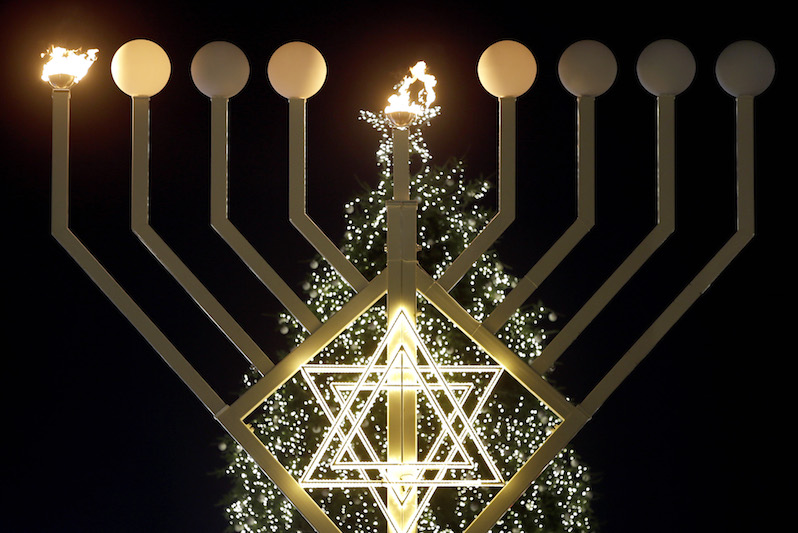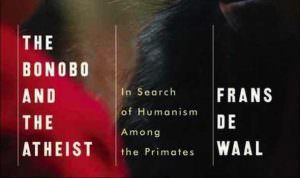I Wish You a Merry Christmas—Even Though I’m a Nonbeliever
Americans’ discomfort with other peoples' religious faiths goes hand in hand with Islamophobia. Americans’ discomfort with other peoples' religious faiths goes hand in hand with Islamophobia. Signs of an interfaith holiday: The first flames of a giant Hanukkah menorah blaze in front of a Christmas tree at the Brandenburg Gate in Berlin in 2014. (Michael Sohn / AP)
1
2
Signs of an interfaith holiday: The first flames of a giant Hanukkah menorah blaze in front of a Christmas tree at the Brandenburg Gate in Berlin in 2014. (Michael Sohn / AP)
1
2

Signs of an interfaith holiday: The first flames of a giant Hanukkah menorah blaze in front of a Christmas tree at the Brandenburg Gate in Berlin in 2014. (Michael Sohn / AP)
Independent journalism is under threat and overshadowed by heavily funded mainstream media.
You can help level the playing field. Become a member.
Your tax-deductible contribution keeps us digging beneath the headlines to give you thought-provoking, investigative reporting and analysis that unearths what's really happening- without compromise.
Give today to support our courageous, independent journalists.





You need to be a supporter to comment.
There are currently no responses to this article.
Be the first to respond.